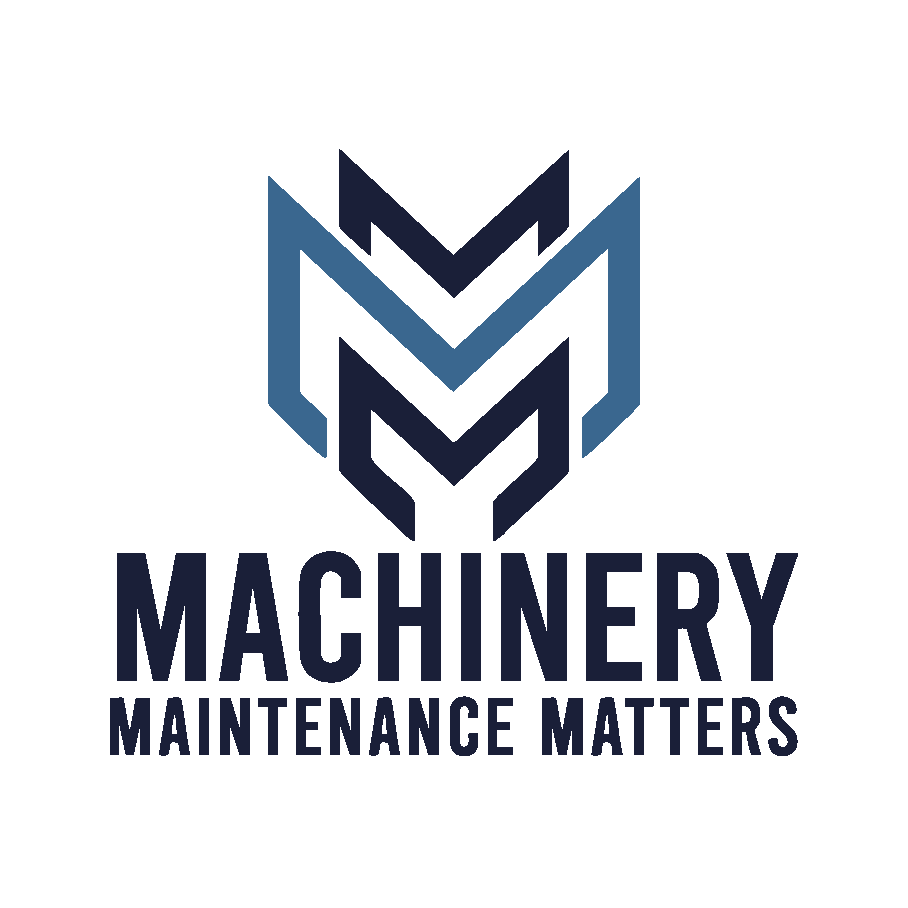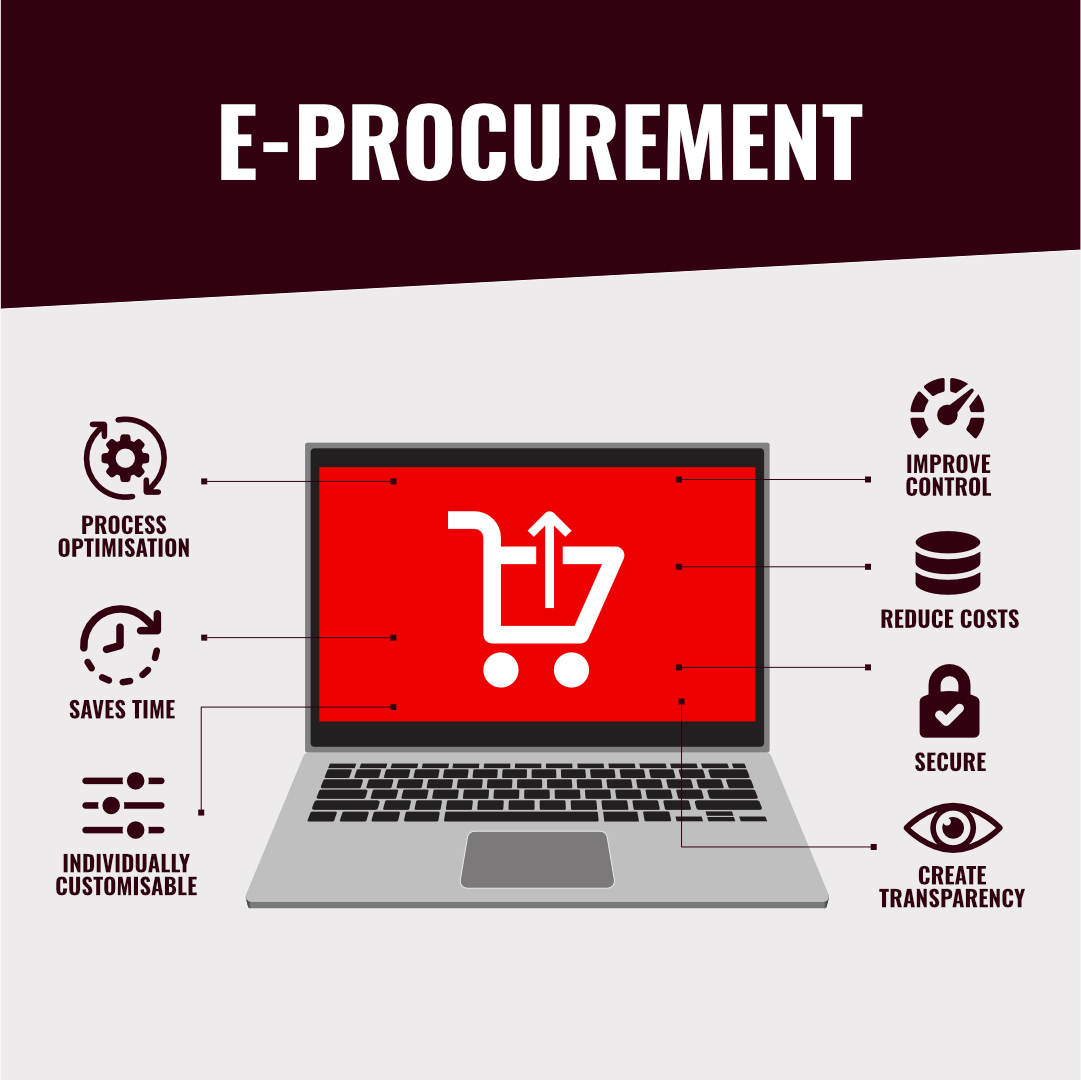In a time of constant disruption, from supply chain uncertainty to rising operational costs, one truth has become clear: businesses that embrace digital procurement are better positioned to stay competitive and resilient. For many South African manufacturers, the concept of eProcurement is no longer a future ambition; it is fast becoming the backbone of operational efficiency, strategic cost control, and business agility.
Procurement has traditionally been viewed as a cost centre. Teams often spend countless hours chasing quotes, reconciling invoices, and managing complex supplier relationships. These processes, while essential, consume resources that could be redirected toward value-adding activities.
Today, digital procurement transforms this function from a transactional necessity into a strategic advantage. eProcurement does more than streamline transactions it delivers transparency, speed, and data-driven oversight, allowing businesses to make smarter purchasing decisions and gain control over indirect spend.
At RS South Africa, we have seen first-hand how eProcurement reshapes the way organisations operate. One of the clearest examples comes from a leading automotive manufacturer. The company faced a high volume of low-value orders across its operations, with each order manually entered into its ERP system and requiring internal approvals. This created duplication of effort, long processing times, and increased administrative costs. Every order not placed through the internal eProcurement system required a separate purchase order, further complicating workflows.
By integrating RS’s eProcurement solutions into their system, the manufacturer was able to address these inefficiencies directly. Through a ‘PunchOut’ system, engineers and buyers could access RS’s catalogue directly within the company’s ERP platform. They could check real-time stock availability, review technical data, and build a basket of products. Once approved internally, the purchase order details flowed seamlessly to RS for processing. This integration drastically reduced manual steps and improved the accuracy and speed of procurement.
The results were significant. Order processing times dropped by more than 35%, with the time to raise an order halved, internal approvals reduced, and the need for confirming product availability eliminated. Administrative ‘soft’ costs were reduced by tens of thousands of pounds per year, while the procurement team was freed to focus on strategic initiatives rather than manual data entry. Beyond cost savings, the company gained greater visibility into its indirect spend, enabling better forecasting, inventory management, and data-driven decisions.
This case highlights an important point that eProcurement is not just a technological upgrade, it represents a mindset shift. With enhanced visibility, organisations can identify consumption patterns, optimise inventory, and forecast maintenance needs more accurately. In industries like automotive manufacturing, where unplanned downtime can cost millions, these insights are invaluable. The ability to align procurement decisions with actual consumption reduces unnecessary stockholding and lowers working capital requirements, while ensuring critical parts are always available.
For South African businesses, the potential benefits are particularly compelling. Many manufacturers and industrial operations still rely on traditional paper-based systems or fragmented supplier networks. Loadshedding, rising material costs, and global supply chain fluctuations add additional pressures. eProcurement provides a direct route to greater efficiency, compliance, and cost stability, helping local businesses maintain competitiveness and operational resilience.
eProcurement also plays a role in supporting sustainability and ESG objectives. By consolidating suppliers, streamlining orders, and reducing unnecessary deliveries, organisations can minimise waste and lower their environmental footprint. Traceability and transparent reporting further enable businesses to align with ESG priorities, an increasingly critical consideration in global supply chains and investor expectations.
Moreover, the adoption of eProcurement fosters stronger supplier relationships. Real-time visibility into demand allows suppliers to plan production and delivery more efficiently, improving service levels and reducing lead times. These improvements ripple across the supply chain, creating a more resilient and responsive ecosystem capable of absorbing shocks and disruptions.
The future of resilient supply chains will belong to those who digitise intelligently. Smarter eProcurement is not about replacing people with technology, it is about empowering teams with insight, efficiency, and control.
South African businesses that embrace this approach can expect not only cost savings and operational improvements but also greater agility, sustainability, and strategic alignment. As the business environment continues to evolve, organisations that harness eProcurement will be best positioned to thrive in an unpredictable world.
RS South Africa is a trading brand of RS Group plc (LSE: RS1) and a leading provider of industrial product and service solutions.
References
PwC South Africa – Smart Manufacturing 2023





